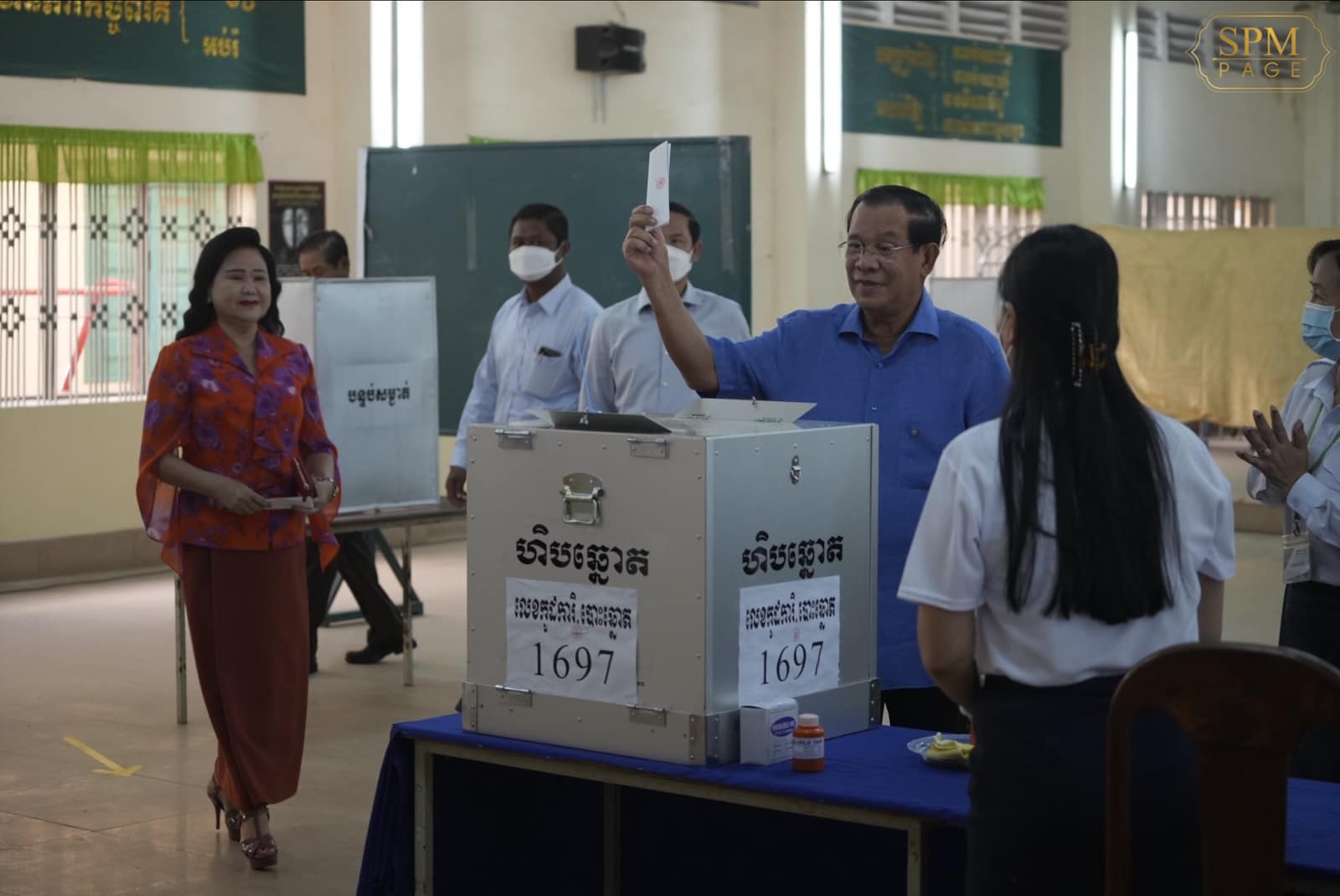Human Rights Watch (HRW) reported on Monday “numerous and significant irregularities” in the 2022 Cambodia commune election results that raise concerns for the incoming national poll.
Phil Robertson, deputy Asia director of HRW, said there are “serious allegations of vote tampering, fraud, and improper counting” of the 2022 commune election results, which “call into question the credibility” of the country’s election committee.
“While it’s already clear that the national election in July will be a mockery of the democratic process, a toothless and incompetent National Election Committee (NEC) only makes matters worse,” he said.
HRW conducted “a systematic analysis” of the ballot forms in Phnom Penh, which it claimed “suggests that election fraud and vote tampering may have occurred” and “that ballots across the capital were not properly counted and reported.”
HRW filed a set of questions regarding the alleged irregularities to the NEC but the committee “did not respond”. The group urged NEC to “promptly adopt measures that would ensure the fair tabulation of votes in the upcoming national election”.
The group reviewed ballots in Phnom Penh “because the voting results were markedly different from in previous elections,” it said.
HRW cited the 2017 elections when the ruling Cambodian People’s Party (CPP) won in 690 of 2,080 polling places, or 33 percent; but in the 2022 election, the CPP won 99.9 percent, or all but 1, of the 2,155 polling places in Phnom Penh.
HRW’s report came after Cambodia’s Constitutional Council approved an amendment to the election law that prohibits those who don’t vote in the July 23 election from running for office in future elections.
The amendment aimed at preventing a large-scale boycott of the vote by supporters of the main opposition Candlelight Party, the only one that could have mounted a serious challenge to Prime Minister Hun Sen’s ruling Cambodian People’s Party.
A call to boycott the election is imminent after the NEC in May banned the Candlelight Party from running in the election.
The committee blamed inadequate paperwork, but opposition activists have said the decision was politically motivated.
Anyone who doesn’t vote next month won’t be able to run as a candidate in next year’s Senate, district, and commune elections, and also won’t be able to run in the next general election scheduled for 2027.
The amendment also allows for the prosecution of individuals and parties who discourage people from voting.
Human Rights Watch’s report cited a joint statement issued last week by a coalition of civil society organizations, associations, and trade unions that was critical of the amendment’s “impact on free democracy, voter freedom of expression, voting rights, and to stand for candidates”.
It said the amendment “was made hastily and without consultation with stakeholders, including civil society organizations” in keeping with democratic standards. – with reports from Radio Free Asia
